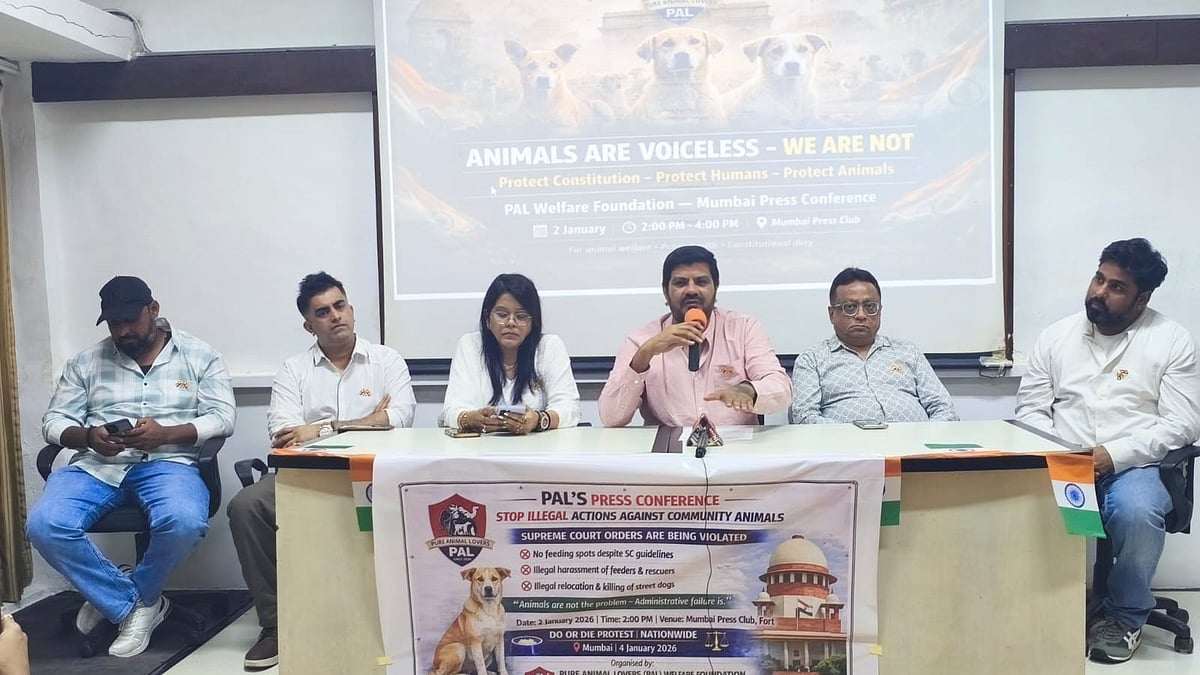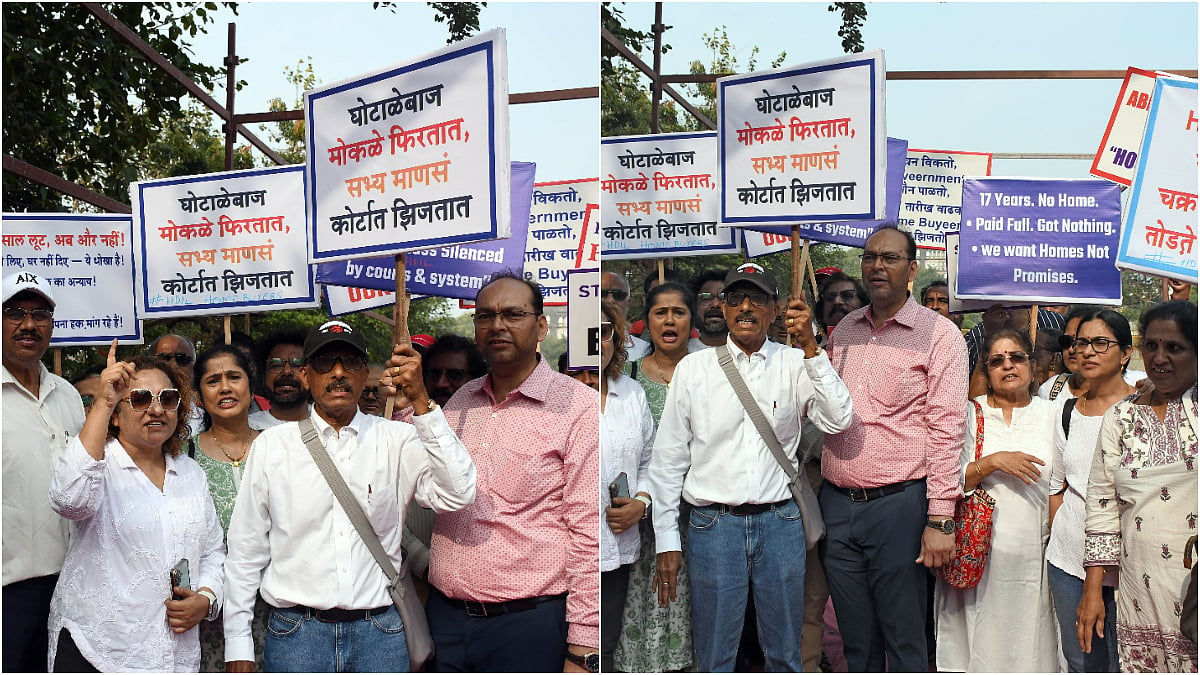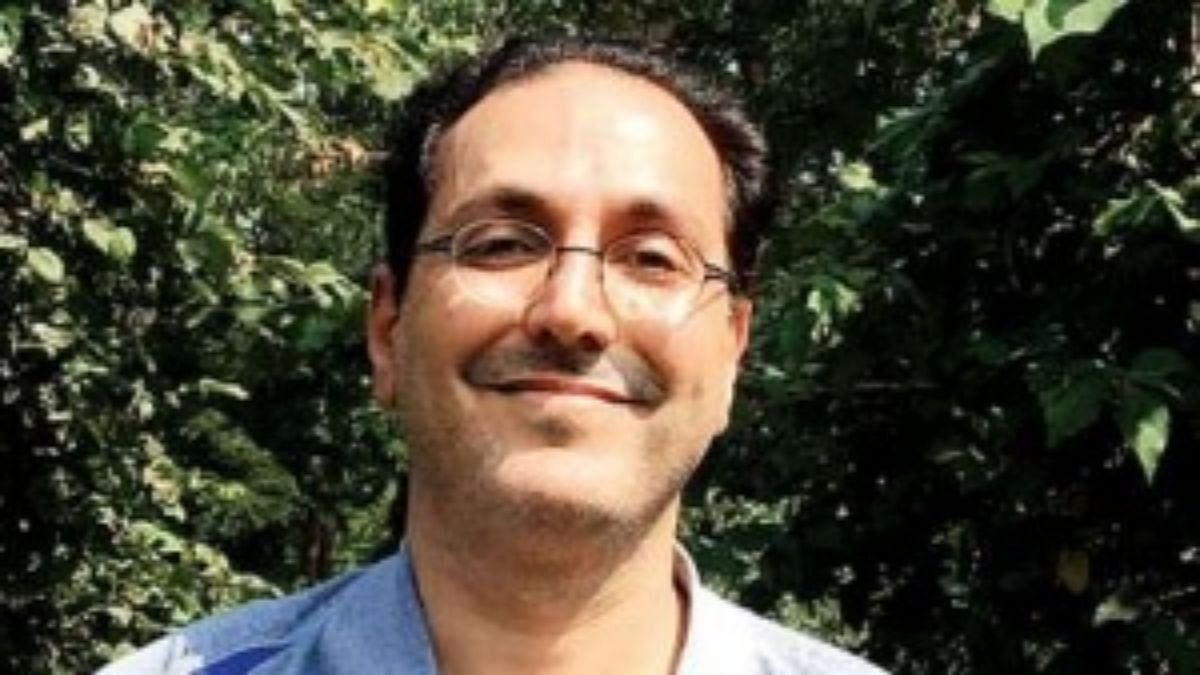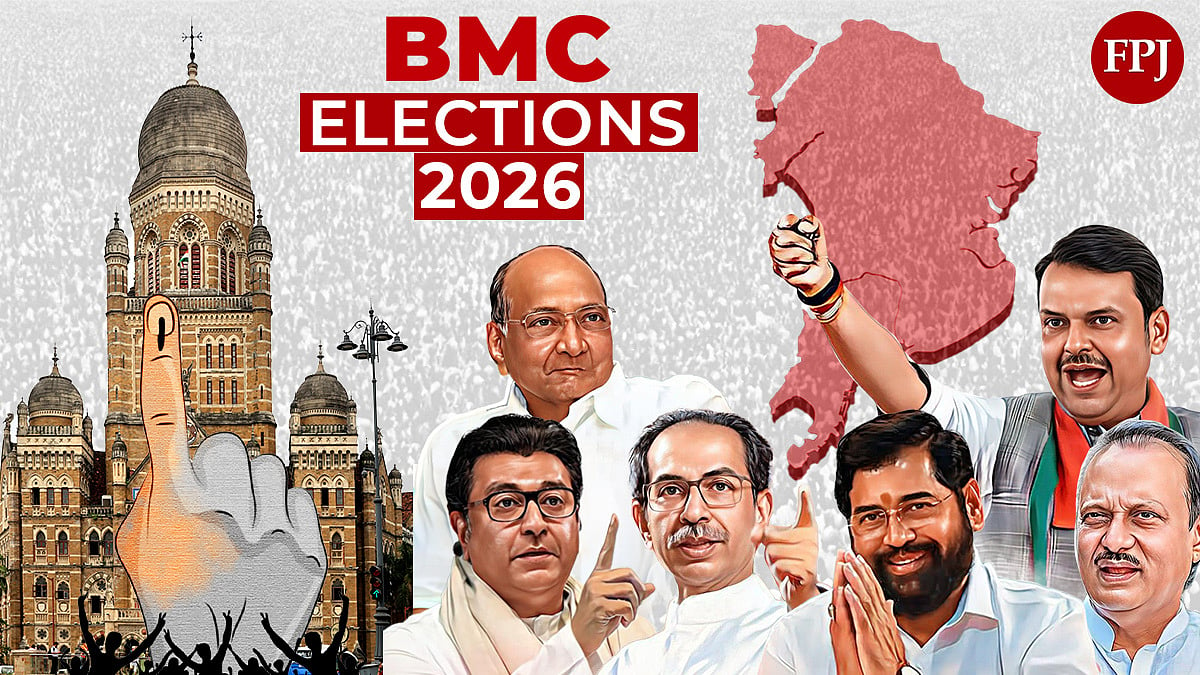The sentence handed down on Monday by Bangladesh’s domestic International Crimes Tribunal, a death penalty for ousted prime minister Sheikh Hasina, marks a new turn for the neighbouring nation already convulsed by months of political breakdown since Hasina was ousted a year ago and replaced by an unelected, interim government. What began as a post-coup crackdown and as trials that opponents call politically motivated has now exploded into a security and diplomatic crisis whose shockwaves are being felt well beyond Dhaka.
For India and Western capitals, which prize stability in the region, the verdict presents a thicket of hard choices: contain violence; shield civilians; prevent a refugee and humanitarian cascade; and guard against the transnationalisation of unrest and radical networks that could exploit the chaos. The tribunal’s ruling comes against a backdrop of intense civil unrest. In the lead-up to the verdict, the Awami League, now banned, had called for nationwide shutdowns and mobilised strikes and mass protests.
At the same time, Dhaka witnessed repeated “cocktail-bomb” explosions, arson attacks, and targeted sabotage that left police and paramilitary units on maximum alert. Authorities have issued shootat-sight directives in some districts to suppress outbreaks of arson and attacks on government facilities. The problem for Bangladesh has always been that its people are riven into two camps.
The first one favours liberal Islam and better ties with the rest of South Asia and has favoured parties like the Praja Krishak Party before the subcontinent won its independence and the Awami League and Left parties after 1947.
The second favours an Islamic nation, which in the past supported the Muslim League and later the BNP, and a clutch of parties, including Gen Hussain Ershad’s Jatiya Party. With a third fringe calling for Shariat and hardline orthodox Islam, which has supported the Jamaat-i-Islami Bangladesh. However, the largest section of Bangladesh has always stayed neutral in this ideological conflict but has weighed in on one side or the other, facilitating a change in government. If this vast silent majority was supporting the forces of change in August 2024, it now seems to veer away from that and move towards the Awami League and the BNP because of the chaos, mobocracy, and a rapid economic decline that the interim has been leading the country towards.
That is where today’s verdict will be judged by this large silent majority. Partisan forces—Awami, BNP and Jamaat—will look at the verdict through their pre-determined tinted lenses.
How do the events unfolding in Bangladesh affect its largest neighbour, India? Firstly, we have to understand that the geography and demography make the spillover likely. The India–Bangladesh border is long, often porous, and threaded into dense social and commercial networks. Past decades of militant infiltration and criminal logistics that used the frontier as a conduit are well documented; those channels can be repurposed in moments of Dhaka instability to move fighters, weapons, or refugees.
Second, the security threat is already transnational in character. Indian investigators are still probing links between recent terrorist incidents in Delhi, including the high-profile Red Fort blast earlier this month, and networks that allegedly operate through Bangladesh and Pakistan. The Red Fort probe and reports on meetings between Pakistan-linked operatives and Bangladesh-based actors underline a worrying trend—militants and their patronage systems treat Bangladesh not merely as a domestic theatre but as a logistics and sanctuary space for operations that target India. That makes instability in Dhaka a direct national security problem for New Delhi.
Third, the political dimension creates diplomatic stress. Hasina’s party still commands mass mobilisation; a heavy-handed crackdown by the interim government could produce martyrdom narratives entrenched in radicalisation and feed violent, decentralised movements. Conversely, any perceived Indian interference, real or alleged, in Dhaka’s internal politics would be a propaganda windfall for the interim government and could further poison bilateral ties, undermining cooperation on border management and counterterrorism. India’s options are constrained by both principles and prudence. New Delhi must thread a narrow needle.
It must protect its national security and citizens while avoiding actions that would be interpreted in Dhaka as imperial meddling. India should accelerate border hardening and pre-position humanitarian capacity in border districts—medical supplies, shelters, and law-enforcement surge units— while publicly framing these moves as precautionary, humanitarian, and defensive. Military posturing risks escalation; defensive, civil-security preparations are less provocative but essential. New Delhi should also intensify intelligence-sharing on militant networks operating across the border using technical, operational, and judicial channels that can be presented as strictly counterterrorism cooperation rather than political intervention.
When bilateral optics are fraught, discreet cooperation with third-party partners and multilateral mechanisms can sustain pressure on transnational networks. India must also consider the possibility of a mass displacement of civilians as plausible. It needs to design rapid, rights-respecting reception plans for refugees and internally displaced persons, coordinate with UN agencies, and prepare to engage donors. At the same time, India should press publicly for restraint, due process, and minimum humanitarian standards while signalling privately its readiness to engage with any Bangladeshi interlocutor capable of delivering stability.
That will be politically uncomfortable, but issue-based engagement (border management, counterterrorism, energy and trade) must continue even when political relations are at a low point. At the same time, New Delhi should brief key partners, the United States, European capitals, and Quad partners, on how South Asian instability could have transnational security repercussions. International pressure for de-escalation and for commitments to respect civilians’ rights can help raise the political cost of violent crackdowns or of deliberate state facilitation of violence.
The best insurance against cycles of violence is, of course, the restoration of some consensual political process in Dhaka. India can quietly encourage inclusive political mediation, perhaps facilitated by respected regional figures or multilateral interlocutors, aimed at creating space for elections and rule of law that meet basic standards of fairness. Short of that, cycles of repression and insurgent reprisal will repeat.
The writer is former head of PTI’s eastern region network..









